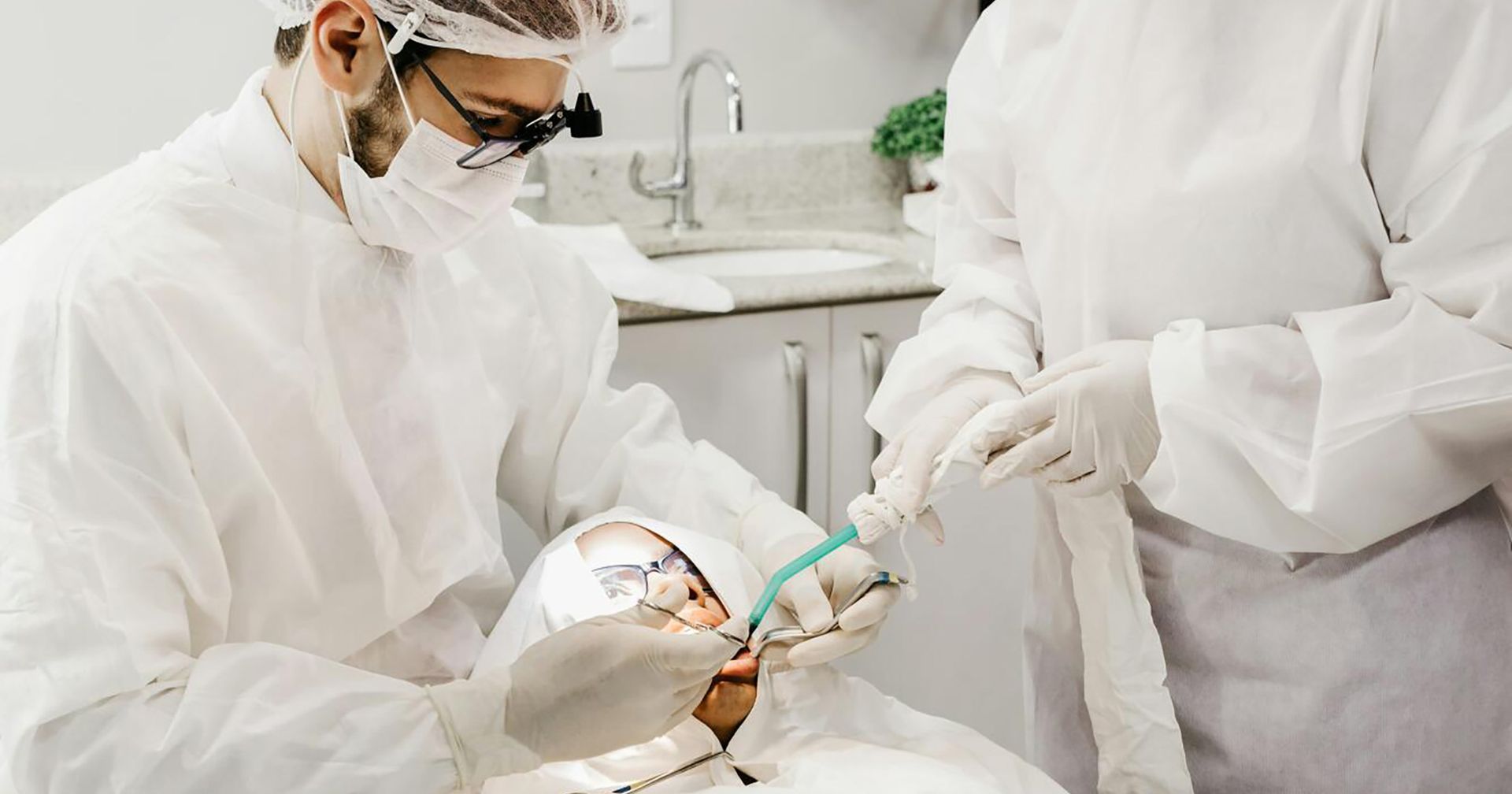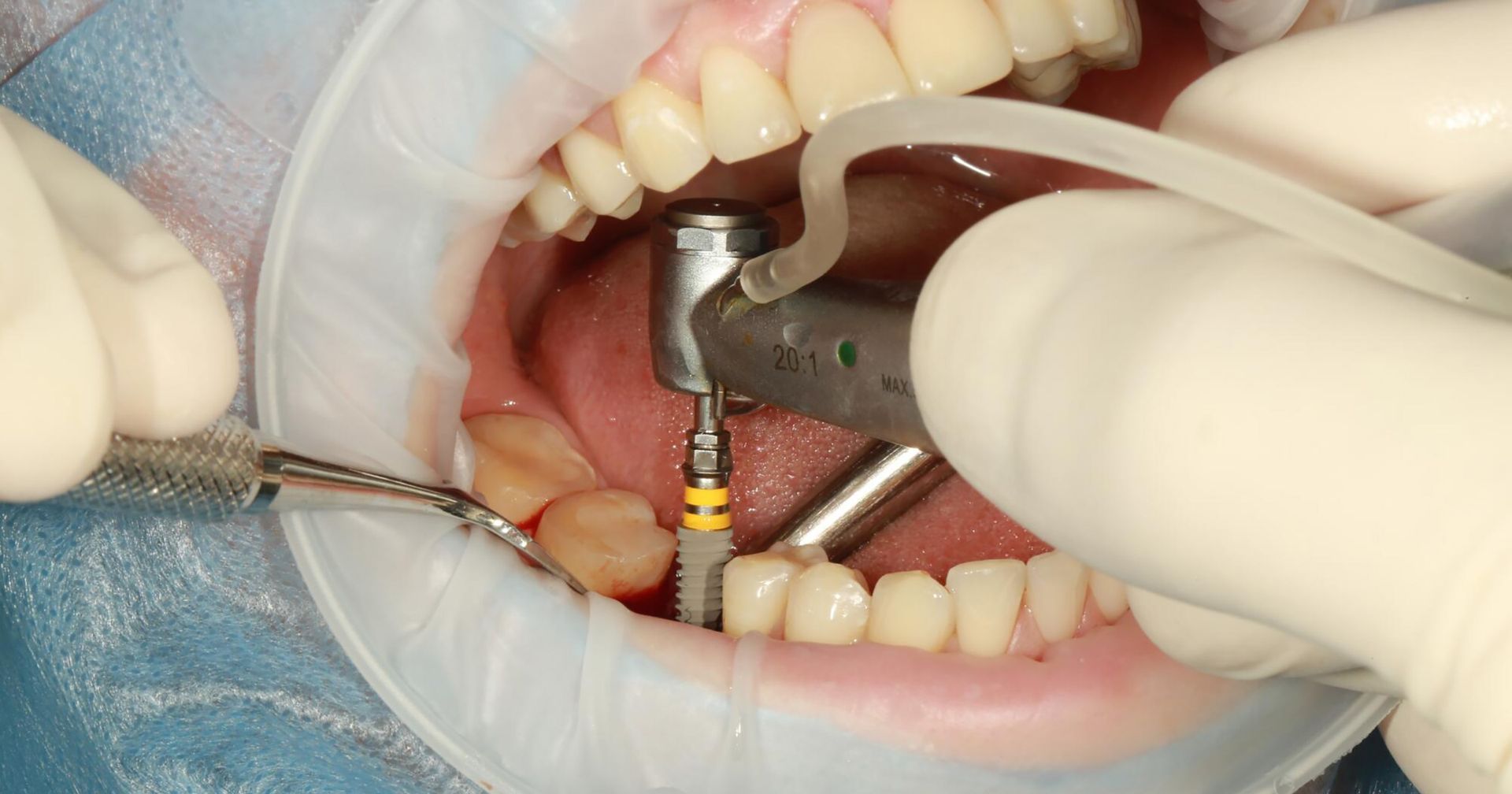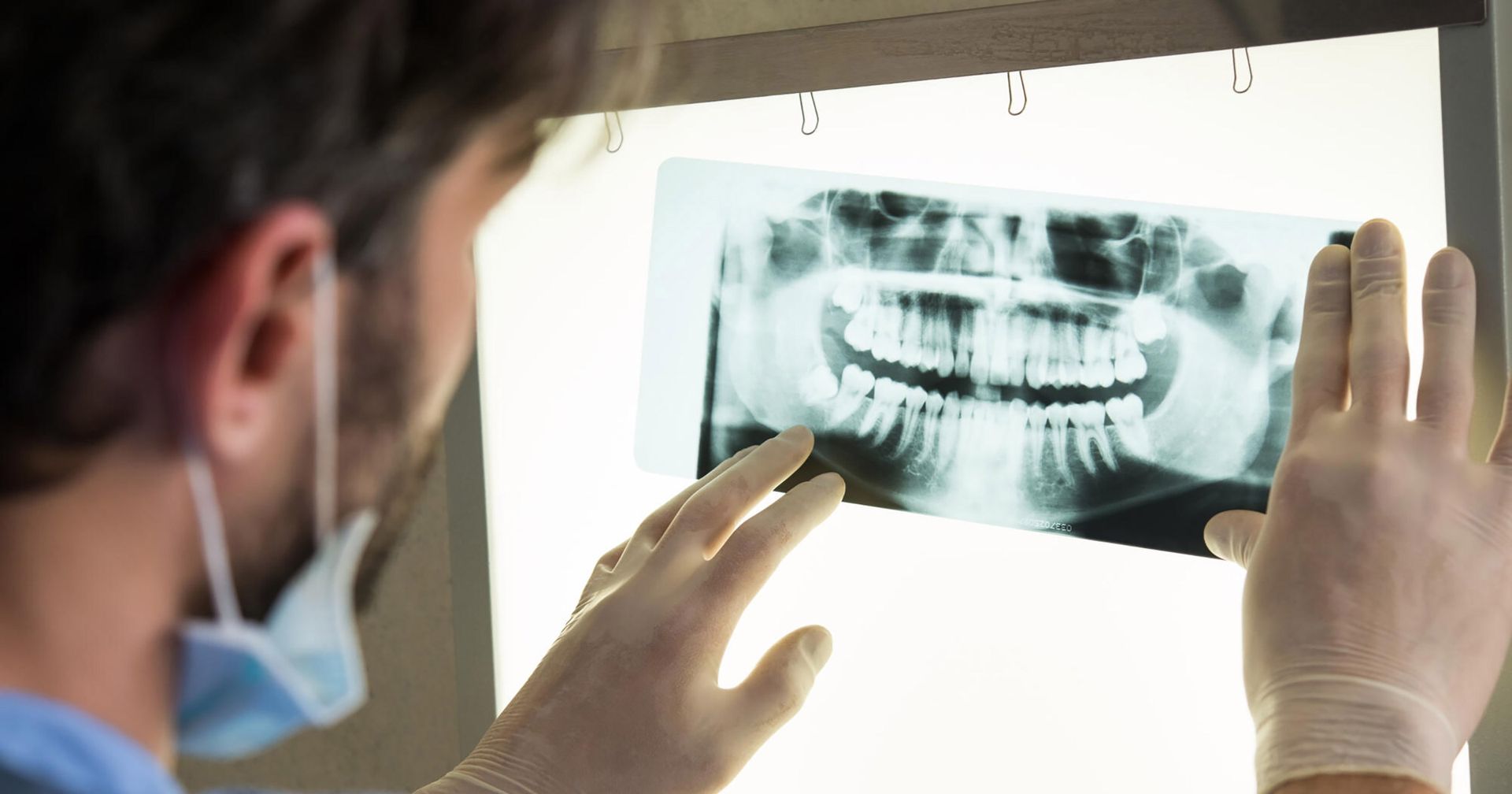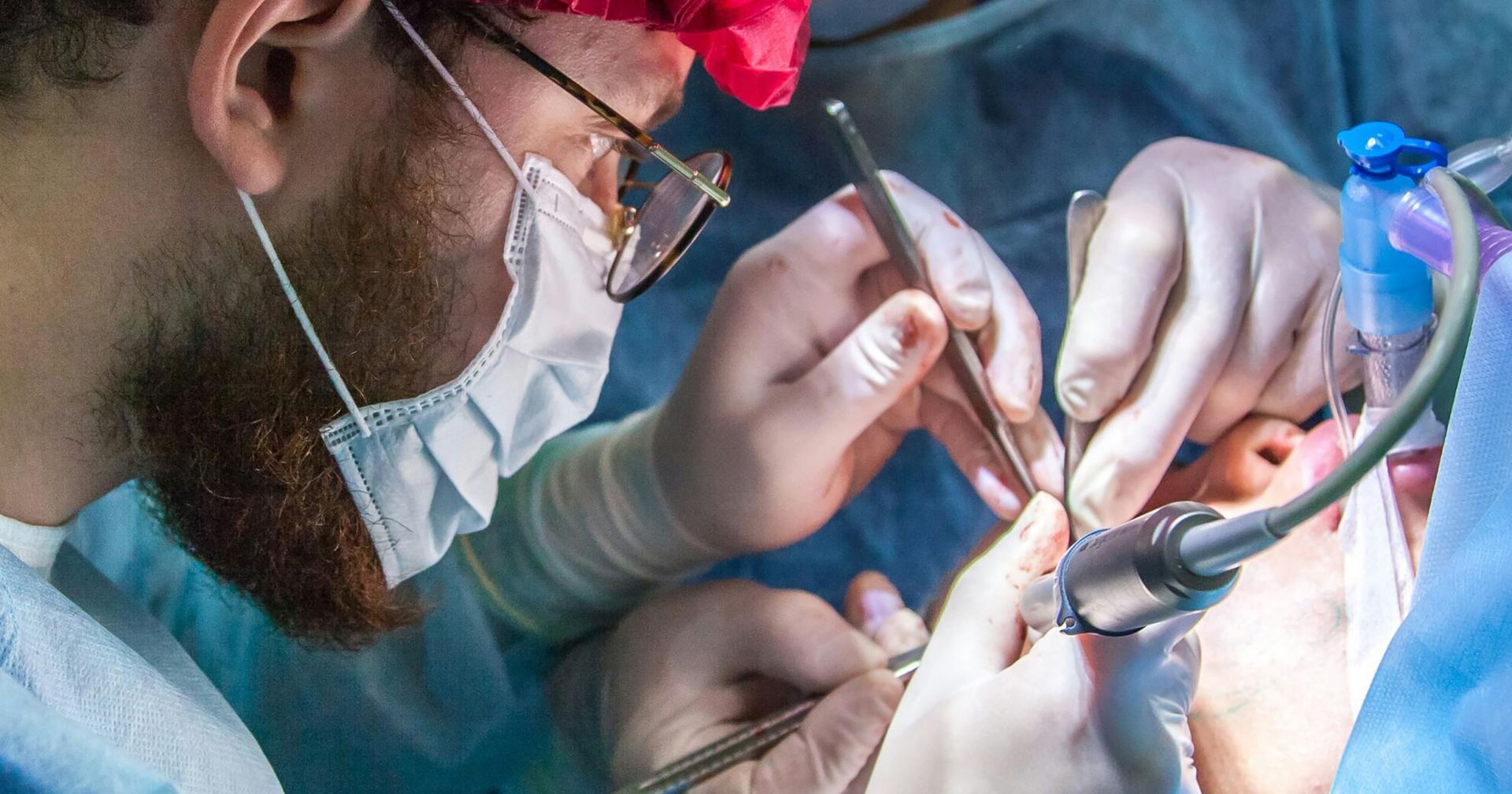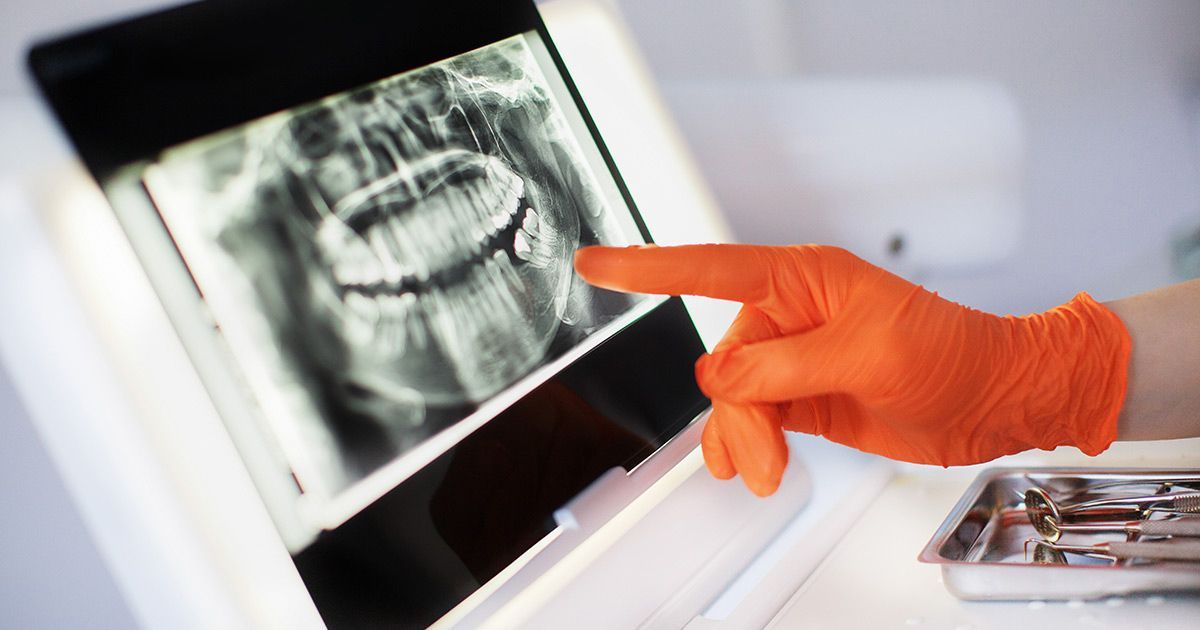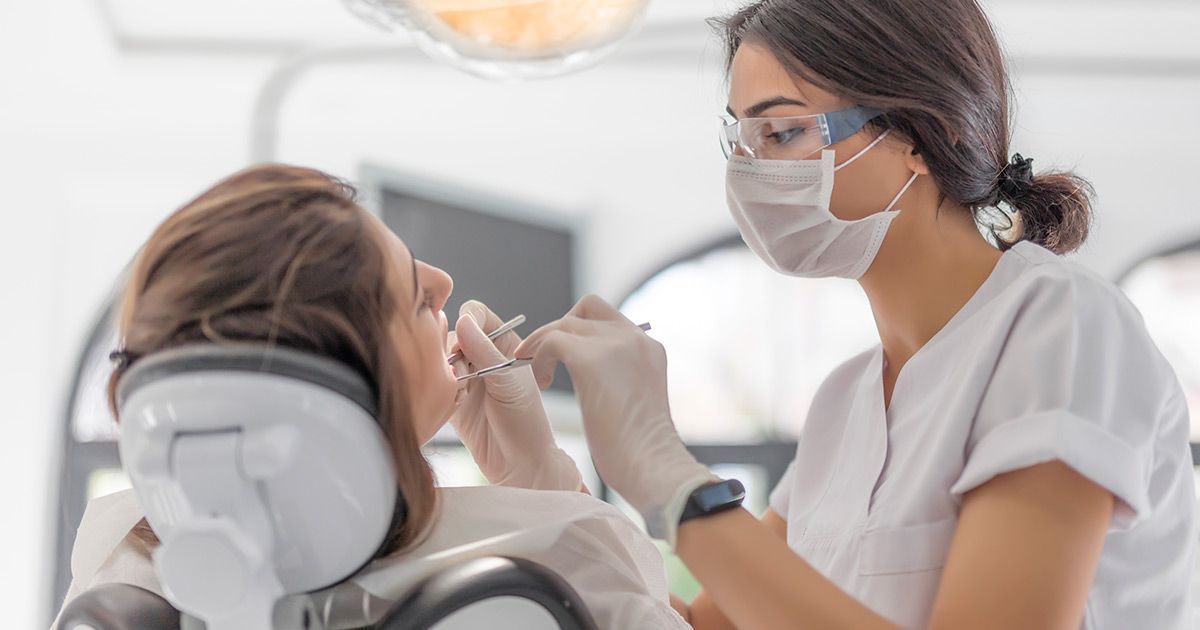A Guide to Gum Disease: The Stages and How to Prevent It
If you are looking for ways to keep your gums healthy, this guide can help. This guide to gum disease explains the stages and how to prevent it.
If you don't brush your teeth every day, you may think the worst you'll get is a few cavities. Sadly, that's not true.
You could end up with something even worse: gum disease. Not only will gum disease affect your teeth, but it could also cause other health issues in other parts of your body, which can make it much more serious than a simple cavity.
We've put together this guide to gum disease to help you learn more about it, how to treat it, and how to prevent it from happening in the first place. Make sure you keep reading below to get started!
What Causes Gum Disease?
You can almost always link the start of gum disease to plaque buildup on your teeth. If too much plaque forms on your teeth and remains there without proper cleaning, it can infect your gums.
Your oral cleaning habits are only part of the problem, though. There are several risk factors that can make developing gum disease more likely, including:
- Smoking
- Drug abuse
- Certain health conditions, such as diabetes
- Old age
- Stress
It's important to treat gum disease right away, otherwise, your gums can become inflamed, they can start to recede, and you can even lose teeth. In some cases, gum disease can even lead to diabetes and heart disease.
Gum Disease Stages: When to See a Dentist in South Philadelphia
There are three different types of gum disease. If you think you are dealing with any of these issues, you should schedule an appointment with your dentist as soon as possible.
Gingivitis
This is the most common type of gum disease. Gingivitis is caused by poor oral habits, and by changing these habits, you can usually reverse the effects.
This type of gum disease will cause your gums to swell, turn a bright shade of red, and bleed when you brush or floss your teeth. However, sometimes gingivitis doesn't present any symptoms. You might not even realize you have it.
Periodontitis
You will develop periodontitis if you don't treat gingivitis. At this point, the bacteria from the plaque buildup gets under the gum line, which can lead to things like:
- Receding gums
- More severe bleeding when brushing or flossing
- Inflammation
- Gaps forming around your teeth
- Bad breath
The bacteria may even begin to damage your bone and lead to tooth loss. In fact, at this stage, the bacteria can even get into your bloodstream and negatively impact other areas of your health.
Advanced Periodontitis
At this point, the gum disease will cause your gums to swell, bleed, and recede even more. The bacteria can lead to bone loss, loose teeth (or tooth loss), and temperature sensitivity. The pockets around your teeth will also get larger, which will make them harder to clean.
More serious gum disease symptoms can include changes to your bite, teeth movement, and abscesses.
If you reach this level of gum disease, you can no longer reverse it. Instead, all you can do is treat it and prevent it from getting any worse.
How to Prevent Gum Disease
The best and most effective way to prevent gum disease is to form healthy oral cleaning habits. You should brush your teeth twice a day for at least two minutes and floss between your teeth once a day. It's also a good idea to use an antiseptic mouthwash each time you brush your teeth (either before or after).
If you smoke or take any harmful drugs, you should also do your best to stop. The food you eat impacts your oral health as well, so put together a healthy, balanced diet.
Most importantly, stick to your new routine.
It can be difficult to floss or brush your teeth if your gums bleed, but the more you do it, the better your gums will get. The bleeding and pain will stop over time, so keep going!
What Does Gum Disease Treatment Look Like?
It depends on what stage of gum disease you're at and how it's impacting your health. However, for the early stages of gum disease, your dentist will likely clean the plaque away from your teeth and advise you to change your dental habits. For more advanced stages, they might have to remove damaged tissue or even perform certain surgeries to prevent further damage.
Think You Have Gum Disease? What to Do Next
If you think you have gum disease, you should also visit a South Philly dentist before doing anything else. While you can reverse gingivitis by simply changing the way you care for your teeth, it is still important to get a dentist's opinion. You might be farther along in the stages of gum disease than you think, or there might be some underlying issues that are contributing to your gum disease.
Guide to Gum Disease: Finding a Dentist Near You
One of the most important things in this guide to gum disease is to make an appointment with your dentist. If you don't have a dentist in the Philadelphia area yet and aren't sure where to find one, don't hesitate to get in touch with our team at The Tabas Center for Advanced Dentistry.
Or you can get started right away by filling out these new patient forms.
We will take a look at your teeth a put together a treatment plan that will fit your needs. Then we will walk with your every step of the way until your gums are healthy again.

